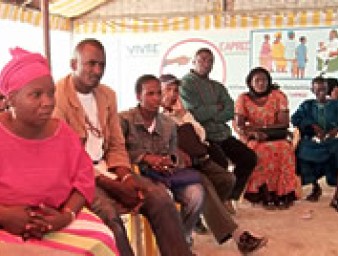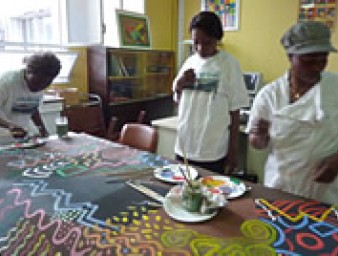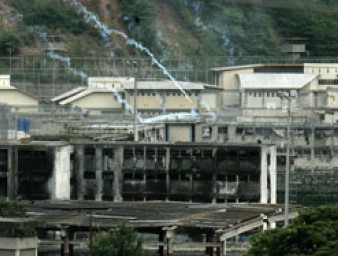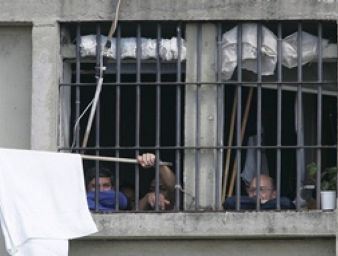Voluntary Fund for Victims of Torture presents profiles of redress and courage
22 June 2022

For decades, survivors of torture have found safe spaces, healing hands and even life affirming counselling, through programmes funded by the UN Voluntary Fund for Victims of Torture.
“Torture is not a thing of the past”, says Lawrence Mutte, Chair of the Fund's Board of Trustees, "The need to help victims are growing. Each year, the Fund must reject dozens of applications due to lack of available financial resources.”
Now, to mark its 40th anniversary, the Fund publishes a series of 40 profiles over the next 40 days, starting June 26, International Day in Support of Victims of Torture.
The stories feature people from all corners of the globe who have survived the unthinkable and have managed to rebuild and give back. All of them continue to fight for the right to redress, healing, and humanity for torture survivors.
"I feel strongly that there is more to be done to reach out, connect, and empower survivors to be part of the solution," said Kolbassia Haoussou, the co-founder of the British organization Freedom from Torture, one of the Fund’s grantees.
"But our communities, our societies, our leaders must help us by shifting the shame from the survivor to the perpetrator - it is their shame, not ours," he said.
Financial support from the Fund over the past four decades has allowed civil society organizations to transform the lives of more than 1.2 million torture survivors and their families, as well as contribute to healing communities and building a global anti-torture framework.
“Treatment alone will never achieve complete rehabilitation of torture survivors,” said Şebnem Korur Fincancı, who founded the non-profit Human Rights Foundation of Turkey. With financial support from the Fund, the Foundation assisted more than 18,000 Turkish torture survivors and their relatives.
“Treatment needs to be accompanied by other restorative mechanisms — access to justice, prosecution of the perpetrators, compensation, and apology,” she added.
Read the 40th Anniversary Profiles here.



